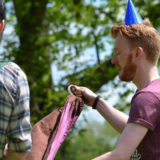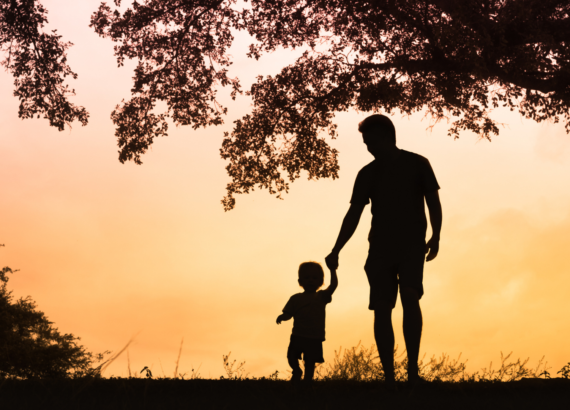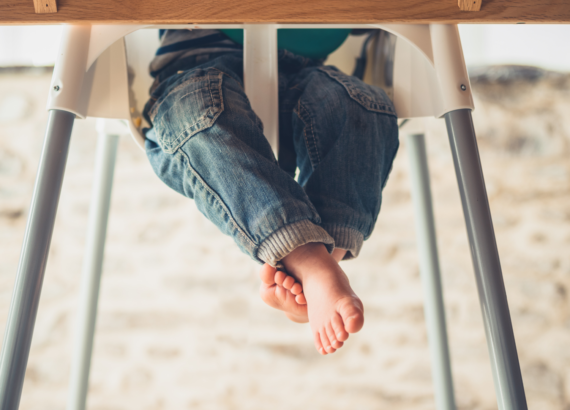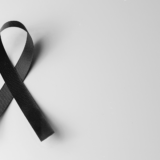Adoption or Surrogacy?
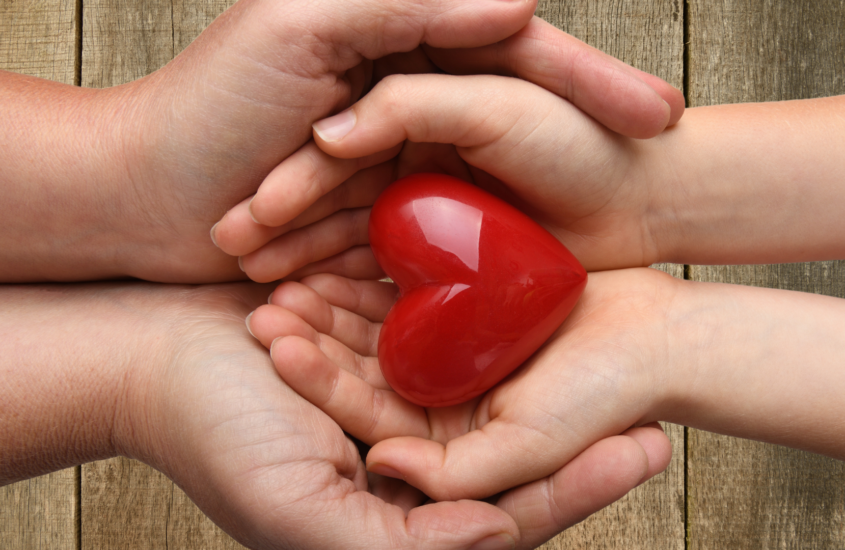
Me and my wife have been parents now for 3 years. We have watched as our son has grown from a helpless and reliant baby, to a stubbornly independent and confident little boy. We have shared all his changes and helped him to become the boy that he is today. The word ‘proud’ doesn’t come close to describing how that feels.
That sense of pride kept our overwhelming need for another child at bay, allowing us to focus on the one that we have. Because after all, due to a mixture of IVF fees and my wife’s heart condition, we were not going to have a second naturally – if at all.
However, since writing ‘Moving On and Loving One‘, we have seen a second wave of pregnancies amongst friends, that has made us re-evaluate what we want our family to be.
Sometimes I think that it would be selfish of us to try for another child, when we have a healthy boy already. At times I worry if we are putting more emphasis on getting a new child, than focusing on the one we already have.
Is it selfish to want a sibling for my son and for him to have a larger family?
Is it selfish to want to share the love in my heart with another child and want to nurture another life?
My heart of hearts tells me that we aren’t selfish, just for wanting to give another child love and support, and we shouldn’t feel guilty about it. Therefore, we have started to look into other options; Adoption and Surrogacy.
Surrogacy
“A surrogacy arrangement or surrogacy agreement is the carrying of a pregnancy for intended parents.
There are two main types of surrogacy, gestational surrogacy and traditional surrogacy. In gestational surrogacy, the pregnancy results from the transfer of an embryo created by in vitro fertilization (IVF), in a manner so the resulting child is genetically unrelated to the surrogate. Gestational surrogates are also referred to as gestational carriers. In traditional surrogacy, the surrogate is impregnated naturally or artificially, but the resulting child is genetically related to the surrogate.”
Therefore, our first port of call was surrogacy, as this would be the closest to ‘our’ baby, genetically speaking.
So we did our research and thought about the ethical, legal and financial implications of having someone else carry our child.
Financially it was a big ask. In the UK you can not legally pay someone to be a surrogate, but instead are obligated to cover any costs incurred during the process. These include travel expenses, maternity clothing, any childcare costs for their family during appointments, etc. They might not sound like much, but the average is anything up to £15,000, depending on each individual case. That alongside the £4,000 cost of IVF to provide mine and my wife’s biological contributions, meant that this would be an incredibly costly exercise.
The main element of our decision making process was risk;
The risk that the IVF wouldn’t work and we would have wasted £4k.
The risk that the costs to support the surrogate would soar.
And the largest of all, the risk that the surrogate will change her mind and keep the baby.
I’m sure that this is a very rare occurrence and most surrogate pregnancies end well for all parties, but the idea that the surrogate would have all legal rights until we adopted the child, just didn’t sit well with us.
The number of uncertainties meant that we crossed surrogacy off and decided to focus our attention on another route.
Adoption
“Adoption is a process whereby a person assumes the parenting of another, usually a child, from that person’s biological or legal parent or parents, and, in so doing, permanently transfers all rights and responsibilities, along with filiation, from the biological parent or parents.”
This was an even harder decision to come to. We talked it through and tried to reasonably understand what we would be undertaking. We would be taking on a child that might be older than a baby, one that could well have come from a background of abuse or neglect and finally, may have medical issues. These were all massively important and could affect not only us, but also Isaac. Therefore, we discussed in depth how much we could manage and what we were willing to take on.
Firstly, the idea of an older child was all relative to Isaac’s age, because as the birth child, he has to be the oldest with a 3 year age gap. This means that depending on how long the process takes, we would have a 1 year old at most.
This then led us to the issues with neglect and abuse. Here sprung a whole new set of questions – what have they been through? Would they remember it? If so, how detrimentally would it affect them? How much could we do to support those types of needs?
These questions are hard to answer and we won’t know until we learn more about the children and, how much we are taught during the process about how to provide a stable environment for a child with those needs.
At the end of the day, there were all these ‘what ifs’, but it ultimately came down to a single question; could we love someone else’s child?
And that was the worry; yes I love and am devoted to my son more than I could ever begin to explain, and have a way with other people’s children, but could I raise one like my own?
To gain perspective, we needed to learn more and so we attended an adoption information evening. There we had the opportunity to listen to social workers explain the whole process and this provided us with the harsh, but necessary realities of adoption and what to expect.
The most helpful part of the evening however, was hearing from other adoptive parents and listening to their journeys and their views. One was a gentleman who adopted an older child at 5 years old. He and his wife had originally wanted a baby, so it felt more like theirs. It was then that he said something that embedded in my head; you don’t own a child, they aren’t really ‘yours’.
And there it was, the epiphany. The stark realisation that it doesn’t matter whether a child is genetically related or not, family means more than blood. Family is about care, support and providing a secure environment for a child to develop and live life to its fullest. If we can give a child the chance at a better life, a life he/she deserves, then genetics be damned.
We are approaching this thoughtfully and ensuring that it is right for our family, but have begun the next steps and are currently awaiting an eligibility assessment by a social worker. We are overwhelmingly nervous, but excited in equal measure and eager to see what the future holds.
To be continued…
